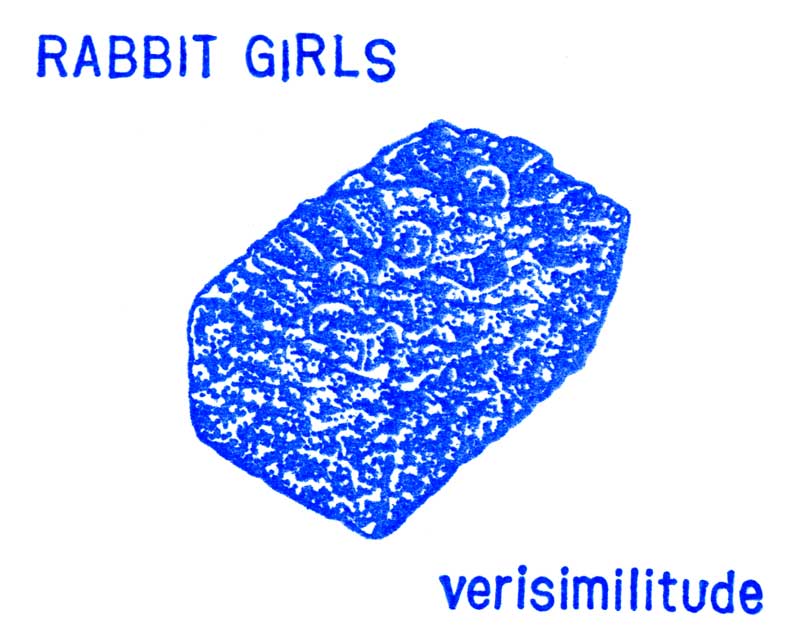What authors or books influenced you most? People are discussing this on the NewPo list, and I sat down to write about my biggest influences. Pretty soon, I realized this was getting too long for a post to a listserv, in spite of the fact that there are only three names on it. It's also probably irrelevant to a poetry list, since none of these are poets. I'll think about poet-influences next. Here are the three.
1. The baseball novels of John R. Tunis. In Tunis' novels, like The Kid From Tomkinsville, I first became aware of a writer behind the words -- I could feel someone writing it, injecting his own passion and personality into the story. I remember telling my mother one day when I was maybe 11 or 12, and had never particularly thought about growing up to be a writer, "When I grow up to be a writer, and people ask me about the greatest influence on my writin

I realized how deep Tunis was still ingrained in me when I started to write a children's sports book for my grandson Josh, in which he and his friend go back in time and meet Pele. And I realized I was beiong drawn to do what Tunis did -- tell an exciting sports story, but never forget that it's also about something more.
2. Leadbelly, for the reasons mentioned in my last post. He first taught me about compression of words, about the power of what's left out, about saying more with less. I found Leadbelly when Probably "In the Pines" was the first song to hit me that way -- the girl whos
 e tragedy we only glimpse, but we feel the immensity of it behind the stark, sparse words. It was only years later, when I began teaching Leadbelly's lyrics, that an important part of her tragedy hit me -- why she's lost her home, why she had to sleep in the pines. She lives in company housing in a company town, and the company takes back the house when her husband is killed in an on-the-job accident.
e tragedy we only glimpse, but we feel the immensity of it behind the stark, sparse words. It was only years later, when I began teaching Leadbelly's lyrics, that an important part of her tragedy hit me -- why she's lost her home, why she had to sleep in the pines. She lives in company housing in a company town, and the company takes back the house when her husband is killed in an on-the-job accident.It was when I started teaching him, all those years later, when I put together my Literature of the Blues course, that I realized how powerful his influence still was, and had been for all of my writing life. Ashbery only provided a continuation of that influence, but more on that when I get to the list of poet-influences.
3. Howard Koch. Howard died in 1995, and I was honored to be asked to give one of the eulogies for him. Because Howard had been mentor and role model to all of those of my generation who grew up in the 50s and 60s, I made myself their voice, and collected stories and reminiscences from them. Here's one from my brother Jonathan, who recalled hearing
 the name of producer Howard W. Koch in connection with some current movie or other, and asking Noelle Gillmor (a name for another reminiscence), "Is Howard W. Koch the same as our Howard Koch?" Noelle replied, "The relationship between our Howard Koch and Howard W. Koch is roughly the same as the relationship between Jesus Christ and Jesus H. Christ."
the name of producer Howard W. Koch in connection with some current movie or other, and asking Noelle Gillmor (a name for another reminiscence), "Is Howard W. Koch the same as our Howard Koch?" Noelle replied, "The relationship between our Howard Koch and Howard W. Koch is roughly the same as the relationship between Jesus Christ and Jesus H. Christ."But I digress, not for the first time. What I did say, for myself, at Howard's memorial, was that I knew Howard was a great man before I knew he was a great writer. I knew him for his kindness, his intelligence, his integrity, his keen and piercing insights into politics, society, and hypocrisy. So those were my first lessons in writing from Howard, and they're still among the most important that I've ever learned.
Later, I found out about Casablanca, and Sergeant York, and The Sea Hawk. And then I was probably 18, or maybe older, and already serious about becoming a writer. That's when I learned my other lesson from Howard -- that truth can have a heart, and a soul. That if something is romantic, and wonderful, and uplifting, that doesn't negate its truth -- it creates its own special kind of truth.
And there you have it.


